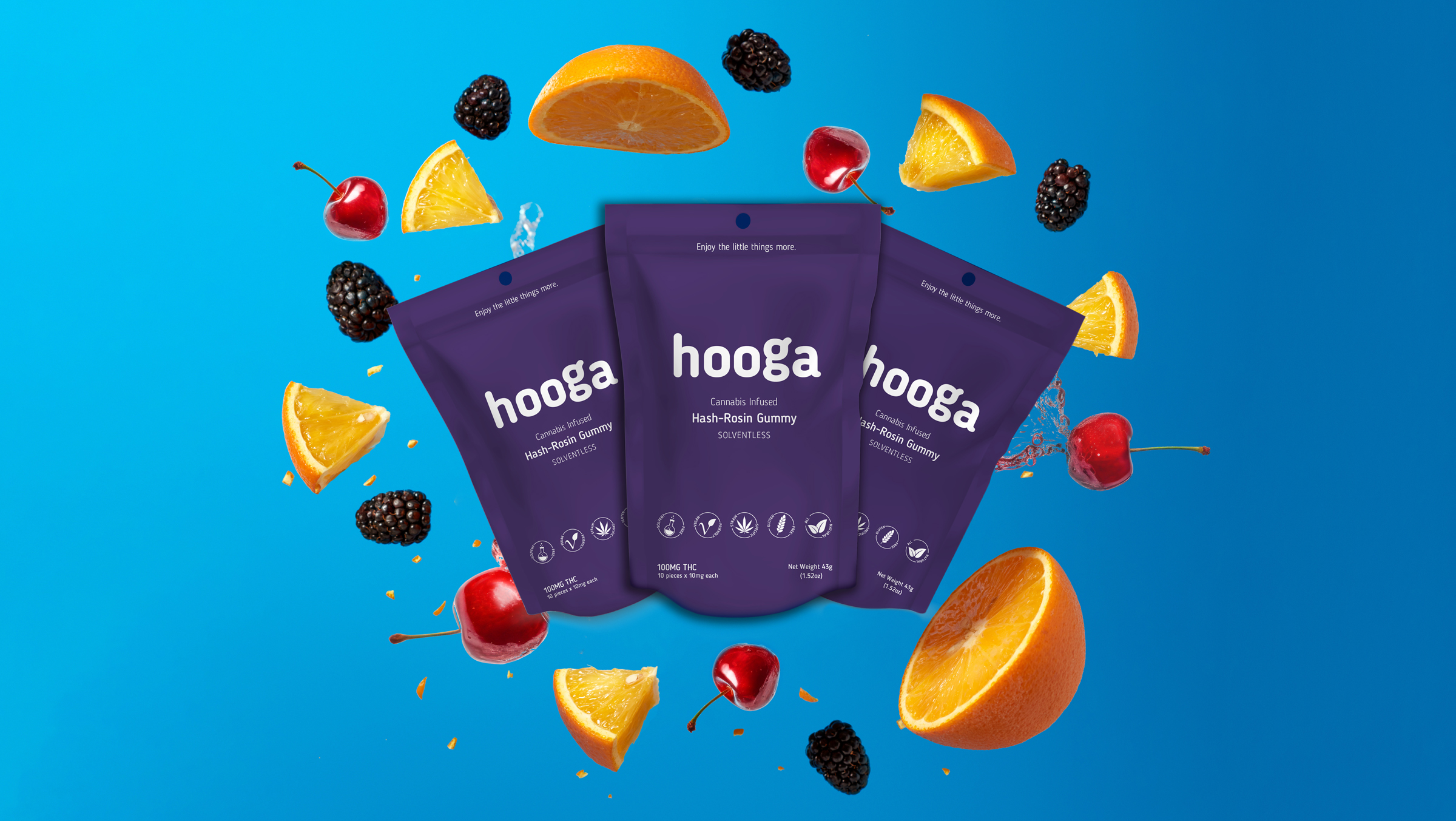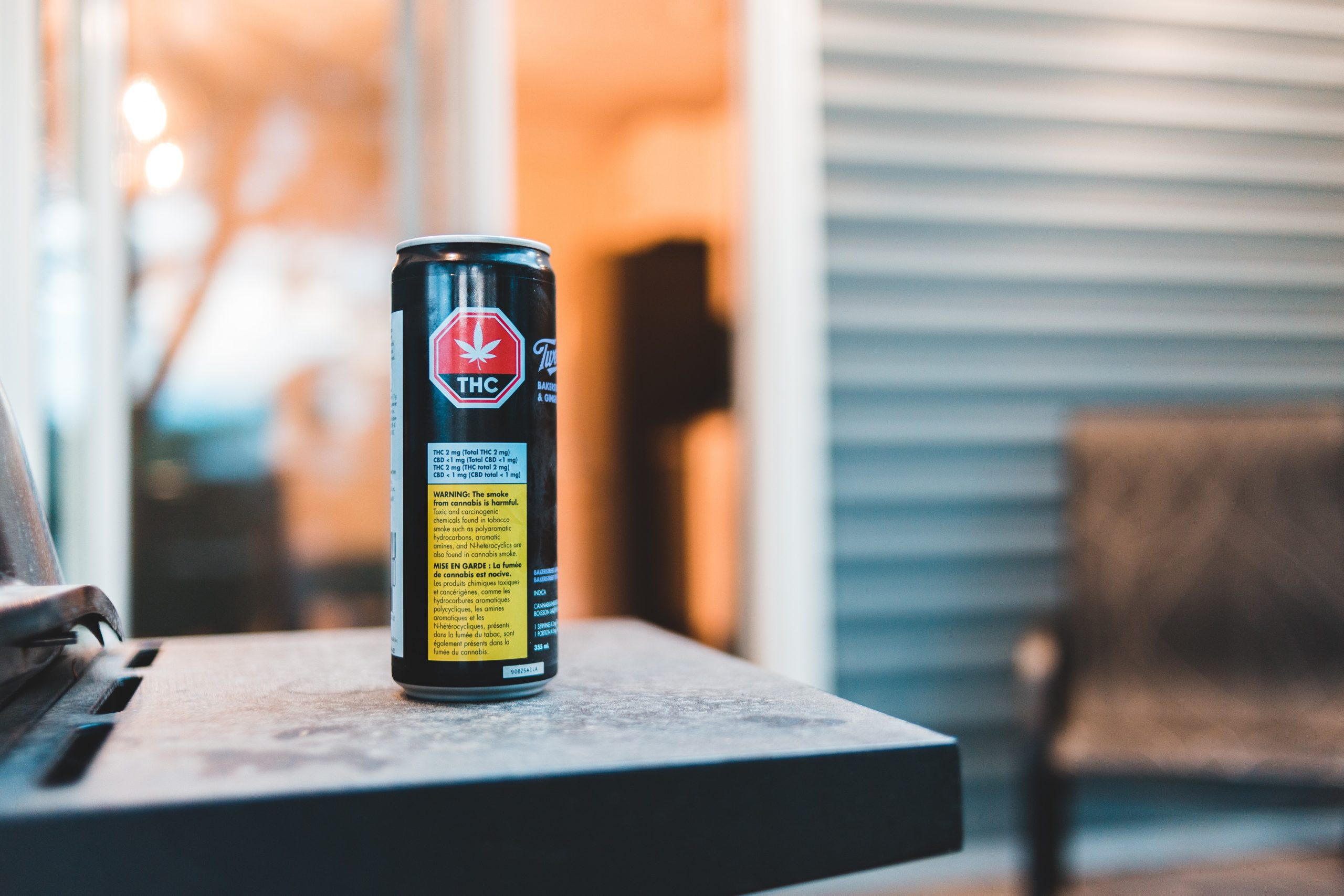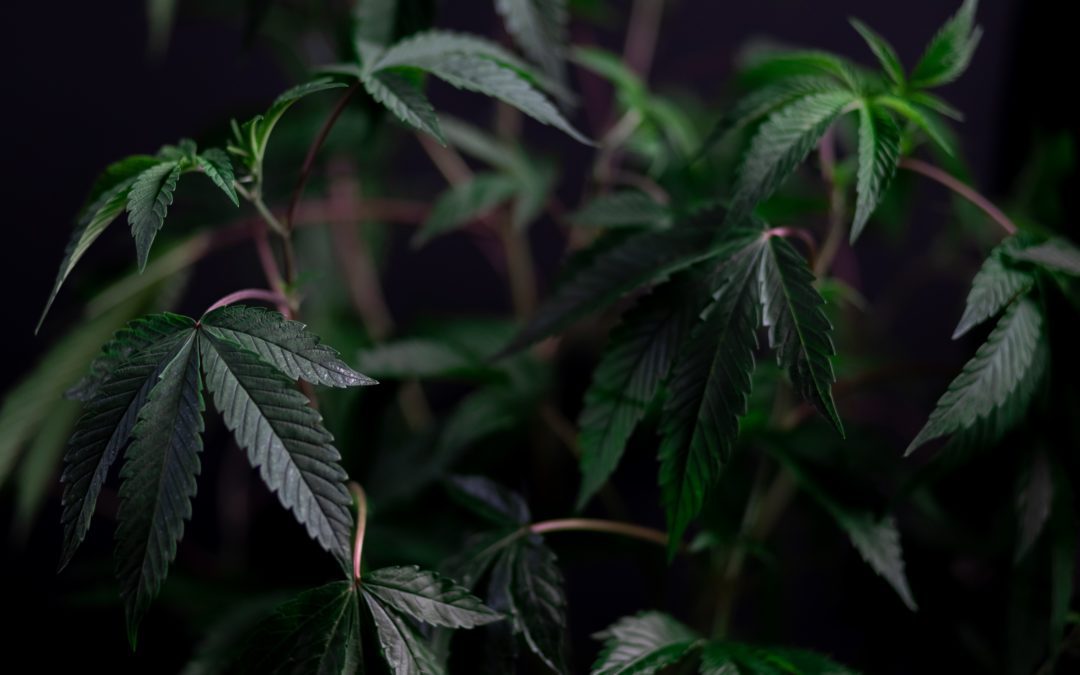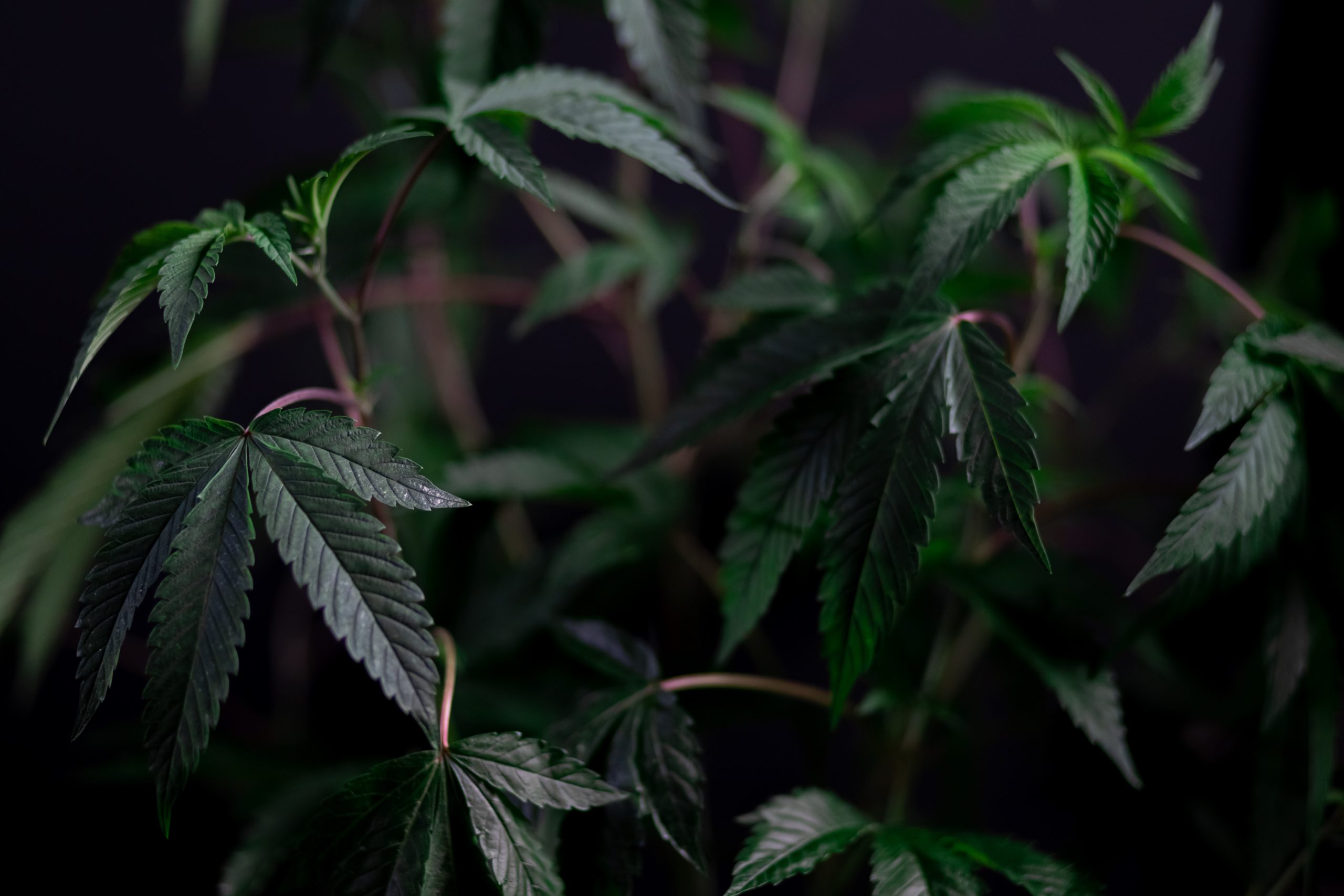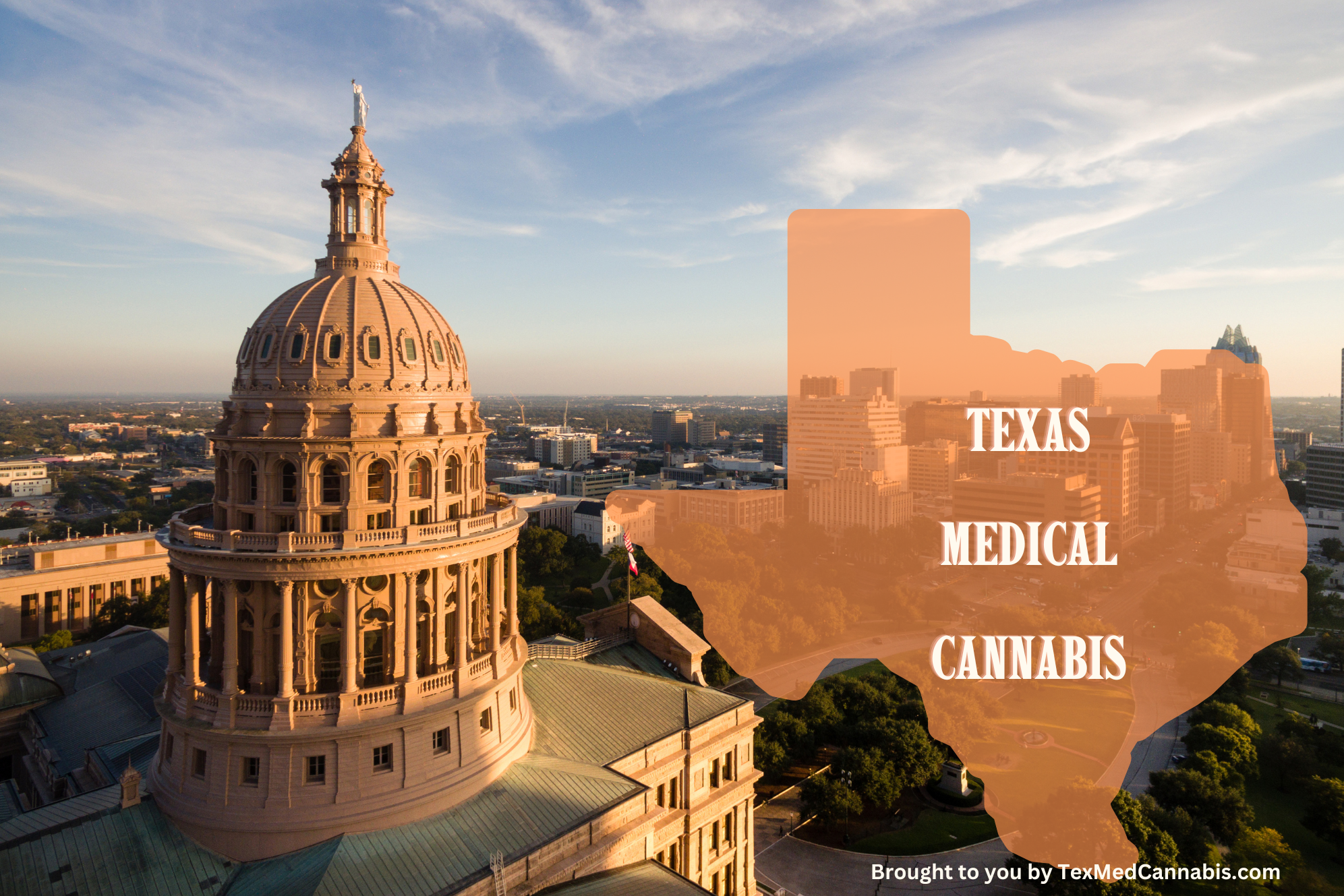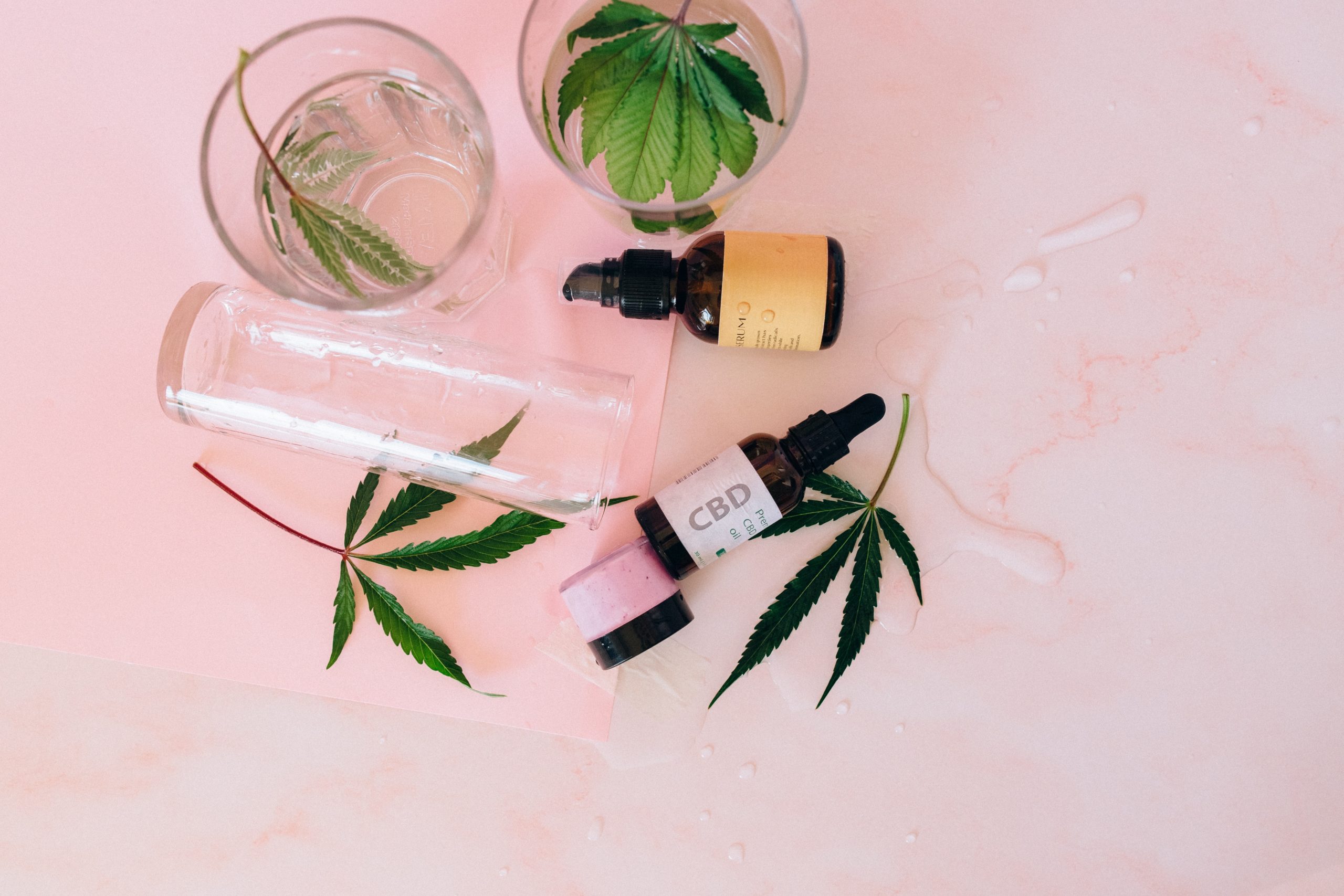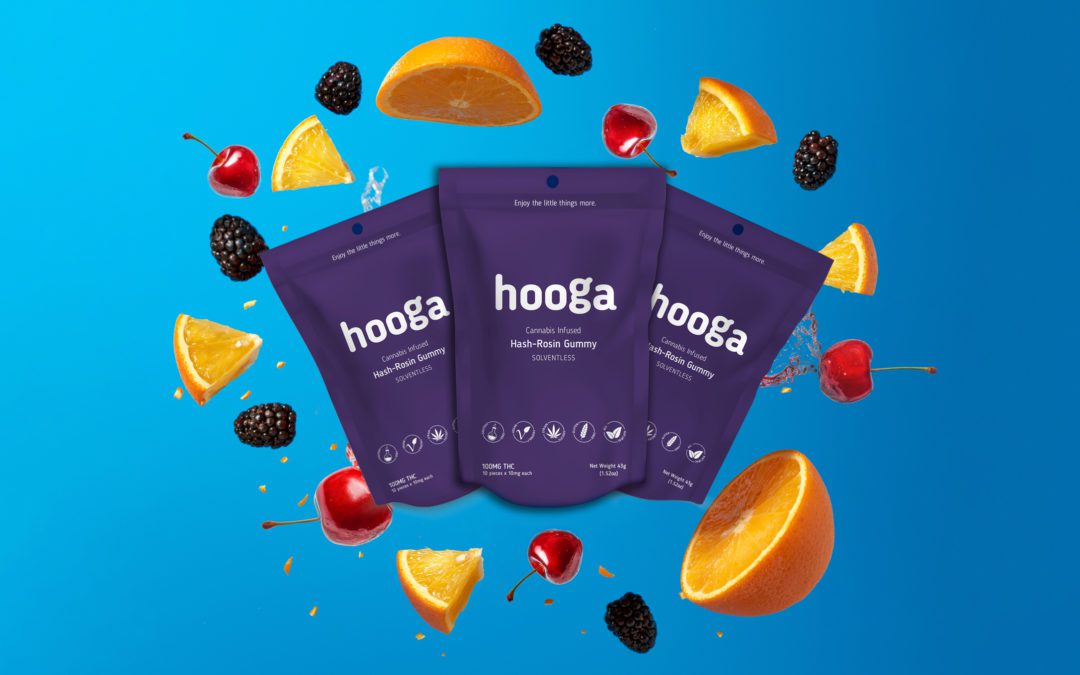
Market Research Reveals High Brand Potential for Hooga Gummies
Market research is an essential tool for gauging the potential of a brand in any new marketplace. Few brands in the cannabis industry have the wherewithal to conduct market research on emerging products, some due to experience, some due to the availability/access to reach consumers, others may not see its utility in their launch plan.
Recently, Hooga, a brand on Yes Platform, conducted an organic (non-incentivized) market research effort that showed promising results for the brand’s latest line of solventless rosin-infused, single-strain gummies. Market research was intended and orchestrated to identify public opinion on Hooga’s product, especially among those unfamiliar with the brand.
Key Findings:
Brand Loyalty: A substantial 74% of respondents indicated that they would buy the product again. This is an impressive number, especially considering that a large portion of these respondents were new to the product.
Packaging Appeal: The packaging seems to be doing its job well. A majority (over 50%) of the respondents said they liked the packaging.
Brand Awareness vs. Brand Trial: A notable finding was that while 88% of respondents were unaware of Hooga before trying the gummies, 83% of them had never actually tried the product. This construct could point to potential issues in brand recall or visibility in the market, or simply a quirk in the sample group that could get refined on another iteration.
Recommendation Ratings: The power of word-of-mouth cannot be underestimated. 46% of the participants gave the product a top recommendation rating of 5, while around 80% rated it at 4 or 5.
Net Promoter Score (NPS): The Hooga brand currently boasts a NPS of 25 for its gummy line.
For those unfamiliar with NPS, it’s a metric used to gauge customer loyalty and satisfaction. This score is on a scale of -100 to 100, with scores of 0 being neutral and anything positive indicating more promoters than detractors. To give this context, while scores vary across industries, most companies average an NPS between 0-39. As a reference, internet and TV providers often have an NPS score of 0, while a brand like Netflix boasts a score of 64.
The technique of calculating NPS can be found here.
Customer Testimonials:
Direct feedback from customers can often paint a clearer picture than mere statistics, for Hooga gummy line, consumers have shared the following messages:
- “Hoogas are great. Would recommend. Good flavor and effects.”
- “Really great flavor and texture.”
- “Very tasty. The sugar coating is just enough and doesn’t hurt your teeth.”
- “Love the single strain hash rosin.”
In Conclusion:
Hooga’s gummies have resonated well with the market, indicating strong potential for organic growth. The brand seems to have a favorable mix of product quality, packaging appeal, and customer satisfaction. While there’s always room for improvement, the current feedback suggests that Hooga is on the right path. The positive reception, especially among new customers, bodes well for future brand expansions and campaigns.
Interested in learning more about your brand and fit in the cannabis industry? CONTACT US for more details.
EXPLORE MORE NEWS
Newsletter

